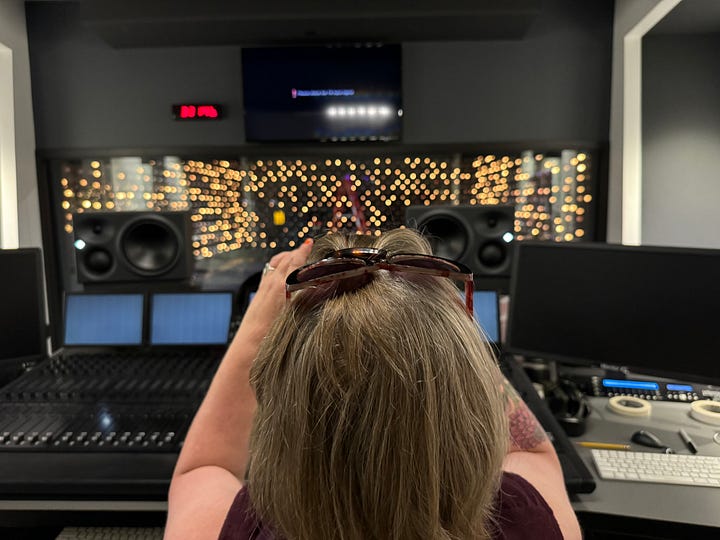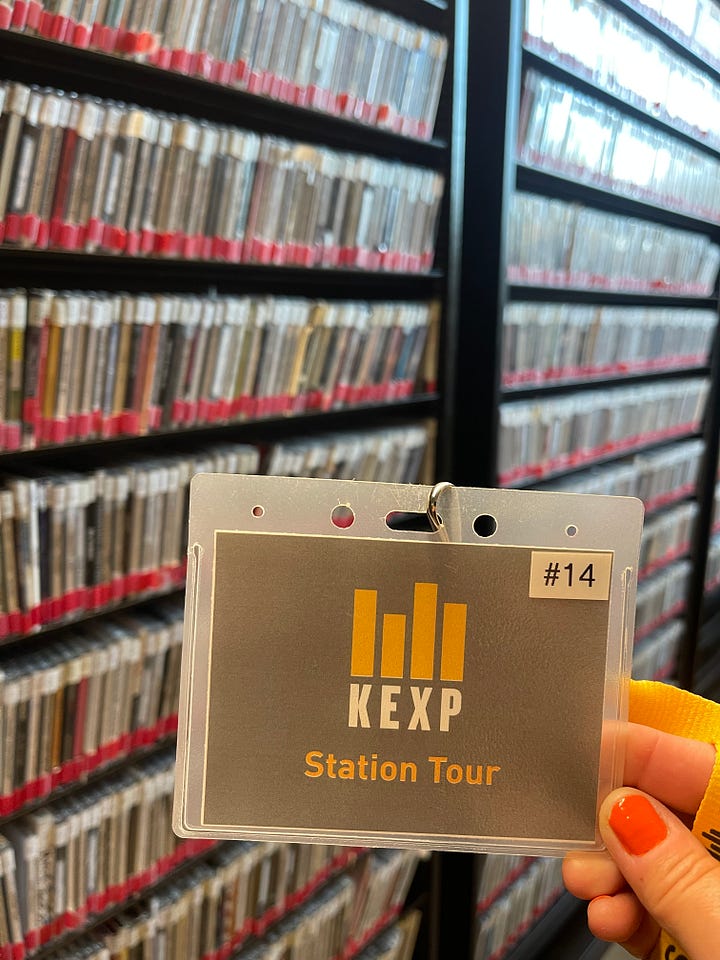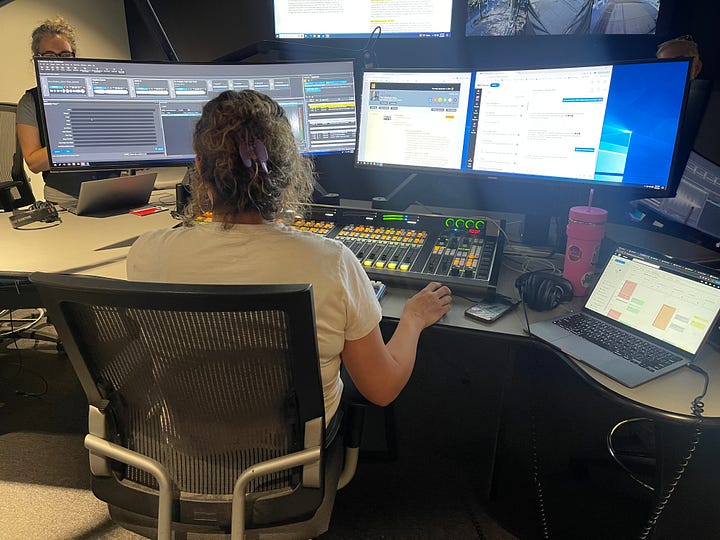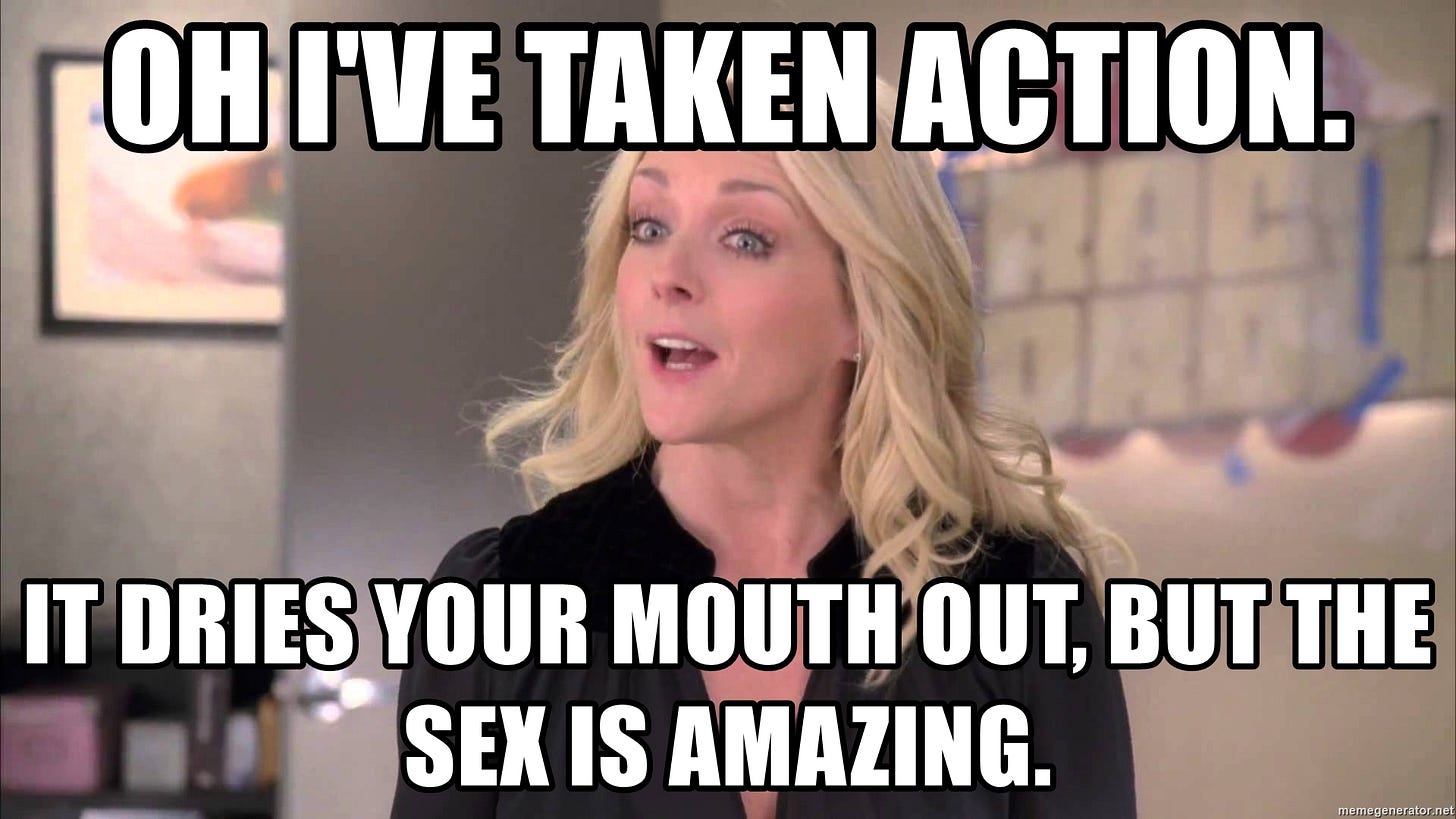Beat the Shit Out of Entropy with Charitable Giving
Your time, your dollars, and your voice can make a difference.
Hi, it’s me.
Happy December! WHAT?! No! YOU ARE. Right?
*clears throat*
I’m being weird because I don’t know how to talk about anything normal anymore. As the U.S. counts down to an Inauguration Day to end all Inauguration Days (#funnynotfunny), be aware that your friendly neighborhood nonprofit organizations are likely shitting their pants. They didn’t mention this in their Giving Tuesday socials nor will they include any shitpants language in their year-end giving emails, but trust me, they are drafting Plans B through Triple Z to ensure their missions remain intact come what may.
Over the last year we’ve seen the Supreme Court rule in favor of criminalizing homelessness, a venture capital fund sued for its grant program benefiting Black women entrepreneurs, and now a bill passed by the House of Representatives could, if it passes the Senate, eliminate the tax-exempt status of any nonprofit it deems to be supporting terrorism. That last one may sound like a good thing, but consider the possibility that any organization protesting…oh I don’t know… America’s okayness with bombing children in Gaza for example, could be deemed a domestic terrorist organization.
I mean, why not? Shit’s getting weird.
Anyway, I’m not a political operative. My expertise is explaining *gestures at the world* within strict word counts to inspire kind and generous folks like you to take action, preferably with your dollars. Currently I do this as a grant writer.
Many nonprofit organizations rely on a combination of funding from individual donors, private foundations, and public grants through city, county, state, and federal programs. Some of that local public funding originated as “pass-through” funding from the federal level. What happens to your local nonprofits if the federal funding goes away? What happens if your state experiences a budget shortfall and cuts funding to affordable housing programs, or shelters and emergency housing, or homelessness prevention programs? What happens if your city council reduces funding to human services programs so they can increase police surveillance?!
Here’s where you come in:
Support your local nonprofit organizations!
If you do not currently donate to a nonprofit organization in your area, please start now! If you’re already a donor, consider increasing your gift and/or signing up for that organization’s monthly giving program so they can count on you to provide some financial stability in these chaotic times. And don’t forget to check with your employer to see if they’ll match your contributions!
Your unrestricted general operating contributions allow organizations the flexibility to apply your dollars where needed most! Public funding comes with strict guidelines on how the money can be spent, and many private foundations restrict spending to specific program costs, which doesn’t usually include things like salaries, electric bills, or copy paper. But think about it: how would these programs run without the people or facilities or supplies needed? Unrestricted monthly giving is the best way to keep nonprofit fundraisers (👋) from spiraling into an existential crisis.
The University of Washington recently published a wage equity study that found human service workers are paid tragically less than workers with similar skills in other sectors (SHOCKING. I’M SURE YOU’RE SURPRISED). The old I do this for the mission not the pay trope is neither ethical nor sustainable. Social service workers are burning out, programs are short staffed, and employees are increasingly unable to afford living in the communities where they work.
Now more than ever (← classic fundraising language, ya’ll!), your individual contributions can power the engine that drives the work to support critical services in your community.




If you’re not in a position to give financially, sign up to volunteer! Most organizations track the value of your volunteer hours. For example, one local organization reported that 1,246 volunteers contributed 38,350 hours of their time, valued at more than $1.4 million. That’s a huge impact! A robust volunteer force also signals to grant funders that an organization has strong community support.
There are many ways your volunteer efforts help an organization accomplish their mission and expand their impact. Things like data entry, knitting, tutoring, mentoring, maintenance projects, yard cleanup, making phone calls, help at events, check in on older adults who are isolated–whatever your interests or skills, there is an organization who could benefit from your involvement. And check with your employer! Some will make a financial contribution for each hour that you volunteer (*cough* Microsoft *cough*). To get involved, reach out to an organization you know or find something near you on Volunteer Match.
A few weeks ago I wrote about these dark times and how we need to be joyful motherfucking lights for each other to overcome despair. We also need to support our community by contributing to the local organizations who rely on the generosity of people like you.
We’re facing a societal chaos that is largely outside of our control. What we can control is how we spend our time and resources, and how we uplift the valuable work being done in our communities.
So please, reach out, give, and get involved.
If this inspired you to take action in a new or different way, I’d love to hear about it in the comments. Let’s inspire each other!
If you’re interested in learning more about how to choose which organizations to support (categorically, not specific ones), let me know in the comments and I’ll write something in the future.
Thanks for reading and for caring.
Until next time,
Jen






Bravo! Give. Volunteer. Give again. Volunteer more.
And be ready to step up to the plate like the people of South Korea just did.
Be the remnant. Keep going.
I would add, set up a (free) Donor Advised Fund first and *then* set up a monthly donation, so you are not drowned with phone calls and snail mail for the rest of your life.